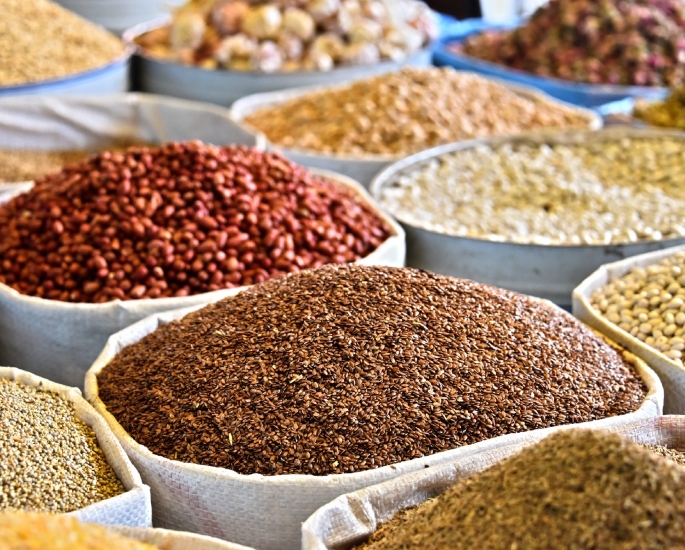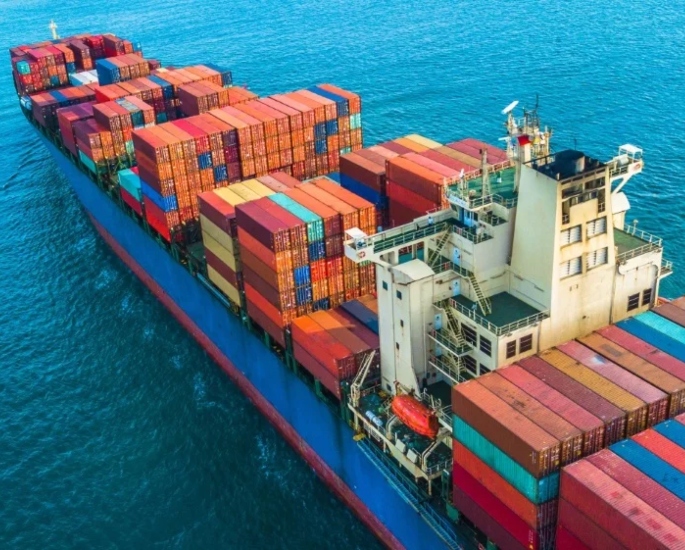BP made £6.9 billion between April and June 2022
The cost of living crisis is affecting thousands of people across the UK.
The inflation of groceries, fuel and energy bills is forcing more people to adjust and worry about how they will afford certain necessities.
The recent energy costs are the latest instalment of this price surge, especially leading up to the winter period.
However, whilst households and businesses struggle, other industries are benefitting.
Trading, oil and transporting goods have all seen a boom in profits due to inflation. But who is specifically benefitting from this crisis?
Miners

Amid the Russian invasion of Ukraine, countries are exploring alternatives to Russian gas.
The largest country in the world supplied 40% of its natural gas to Europe in 2021.
The UK itself imported 4% of its needs from Russia in the same year.
However, more countries are cutting off their ties with Russia due to the Ukraine conflict. So fossil fuels, specifically coal, is reasserting itself for energy.
Therefore, mining firms are benefitting from record prices. For example, the mining company Glencore saw profits double to £15 billion in the first half of 2022.
Likewise, as Russia’s gas supply to Europe will be disrupted this winter, the UK government have asked energy companies to delay the closure of UK coal-fired power plants.
This is so there is a backup source of electricity should there be further havoc with demand and supply during winter.
Energy Industry

As energy bills soar and add more frustration to the cost of living crisis, some businesses have grabbed attention due to their record profits.
On an international level, the increase in demand and supply following Russia’s invasion of Ukraine has increased massively.
Therefore, companies that extract and refine fossil fuels have recorded major profits. BP made £6.9 billion between April and June 2022 whilst Shell overtook them, reaching £9 billion.
Additionally, Neptune Energy, a private-equity-backed company, produces 12% of the UK’s gas. They saw profits double in 2021.
The government charges a 25% windfall tax on these companies’ profits, intended to help households with rising bills.
However, there has been no indication of such a thing happening with news outlets reporting higher charges from numerous energy firms.
Many people are in disarray as they are getting hit the hardest with inflation whilst the energy industry blossoms.
Fine Wine & Luxury Watches

For some people getting hit by the cost of living crisis, investing in different commodities is a way of expanding their finances in the long term as their cash decreases in the short term.
With inflation and low-interest rates, wine and watches seem to be the most popular mediums of return.
The Financial Times advocates for investment in fine wines as it rarely gets hit by inflation or market crashes, stating:
“When it comes to wine and investment, there’s a lot to like.
“Low correlation with the market. A track record of strong returns. And a delightfully tangible asset with fascinating stories to tell.”
For instance, wine trader Bordeaux Index revealed a 37% increase in sales between January and June 2022.
Real estate consultancy company, Knight Frank, reported that the value of fine wines and luxury watches shot up by 16% in 2021. Also, art saw a growth of intrigue by 13% and whiskies by 19%.
Food Traders

With such a disruption in imports, food traders have benefitted greatly from the UK inflation.
Middlemen play a key role in providing food supplies to where it’s needed, giving alternative sources to countries where they need it.
Where the flow of commodities is broken down, foods like wheat become in high demand. This results in a higher price, for example, wheat is now 25% higher than in 2021.
So, those standing between the supplier and country/company in need are far better off because of this.
Food provider, Cargill, saw a 23% increase in revenue, rising to £140 billion in the latest financial year.
Although they gave £138 million to humanitarian relief, this only equated to 0.1% of their sales.
Shipping Companies

During the Covid-19 and now post-lockdowns have seen an increase in demand for consumer goods.
Whilst the economy suffered, shipping companies still benefitted from the pandemic restrictions.
Congested ports meant a larger price for shipping containers to store goods. According to consultancy Drewry, by the end of 2022, the container-shipping industry profited £425 million.
The trade could continue to blossom as the ‘normalisation’ of rates may now not happen until 2023.
But, even that hangs in the balance.
As many still continue to adjust to the cost of living crisis, there are industries blossoming, but at a price.
This will leave a sour taste in many people’s mouths, especially when certain industries are raising their prices and profiting from it.
There was a narrative that the inflation was down to companies being hit by trading and supplying fees but it seems that’s not completely the case.






























































